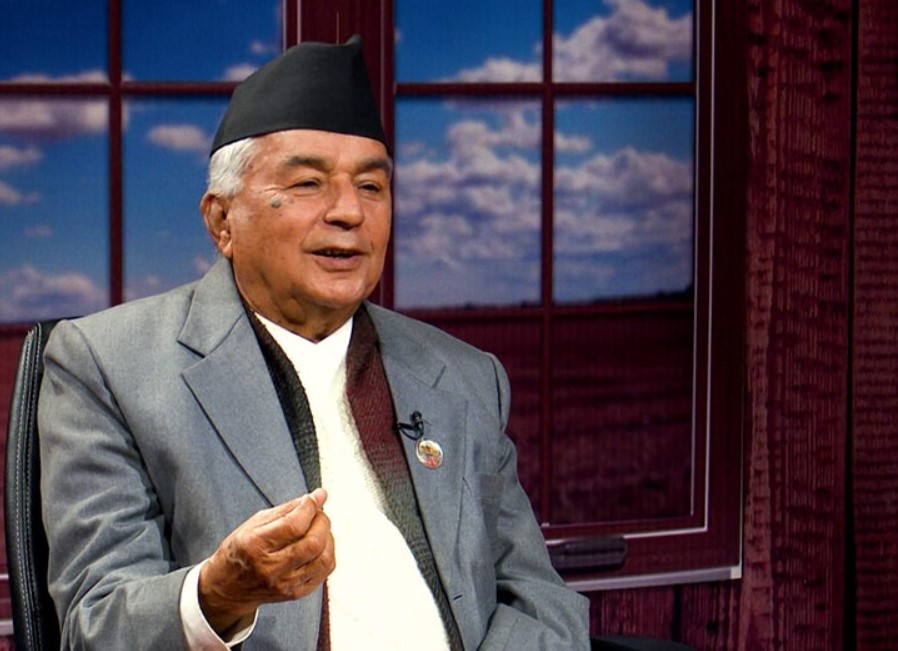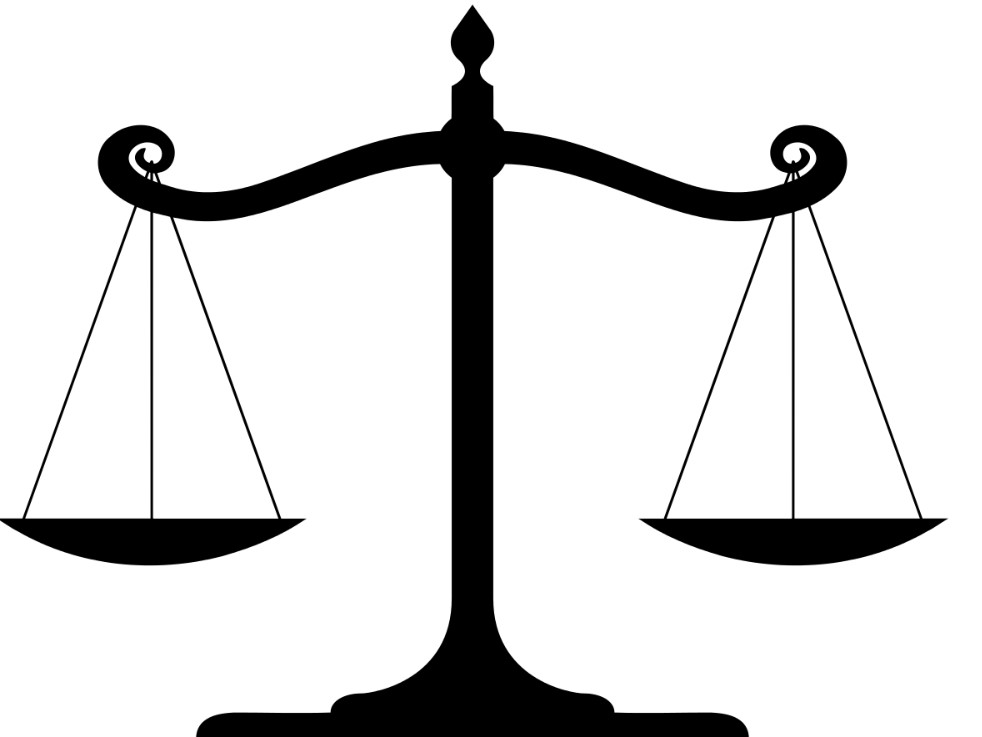Nepal

By Bivek Chaudhary
In democracies, presidents and monarchs often have the power to pardon criminals. This authority has historical roots and is meant to provide a check on the courts. But some believe it effectively overrides judgments, putting presidents above the judiciary.
What are the provisions in more matured democracies, including India, the UK, and the US? This article contends pardons allow presidents to show mercy in special cases, but don't legally make them superior to courts. But misusing pardons could undermine rule of law and separation of powers. It weighs if pardons inherently make presidents above the law, or if careful use can avoid subordinating courts.
The analysis depends on how pardons are applied in reality. The president's pardon power comes from old English law where kings showed mercy. The constitution framers considered this history when creating the broad pardon power as a key presidential prerogative. Hamilton argued pardons allow flexibility to fix unfair punishments. But some worried about unilateral authority. So limits were set. Presidents have used pardons often - for questionable convictions, such as showing mercy.
Some were controversial, like Ford's Nixon pardon. Still, the power remains important, though requiring care and oversight to prevent abuse. Its history shows a balance between discretion and accountability. With the Pardon Power in Nepal under Article 276 of the Constitution of Nepal, the President has the power "to grant pardons, suspend, commute or remit any sentence passed by any court, special court, military court or judicial authority or given by any other authority."
This is an expansive pardon power, but it is not unlimited. The Supreme Court also has authority under Article 133(2) to rule on any arbitrary use of the pardon power by the President. The pardon power has existed in Nepal for decades, carried over from previous constitutions and legal regimes. Its inclusion reflects a recognition that the judiciary should not always have the final say on sentences and punishment.
The President is intended to consider factors such as miscarriages of justice, new evidence, expressions of remorse, mitigating circumstances, and other issues of fairness and justice that courts may not adequately weigh. The pardon power is also shaped by principles of compassion and forgiveness in Nepali society. However, the wide scope of Article 276 has led to claims that it violates separation of powers and the rule of law.
The President could theoretically pardon allies convicted of corruption or treason, preventing any judicial punishment. This would appropriate the functions of the judiciary and undermine accountability. To address these concerns, the Supreme Court can serve as a check against abuses.

International Perspectives on the Pardon Power in India
Article 72 of the Indian Constitution gives the President power to pardon, commute sentences, etc. for offenses under Union laws. This aims to serve as a safety valve when the legal system leads to excessive punishments or injustice. However, the Supreme Court has said this power must be exercised on the government's advice, not independently. The court said it cannot interfere with judicial authority or amount to a parallel judiciary. This places clearer limits than in Nepal. The Governor has similar power for state offenses under Article 161. Overall, India's pardon power has more checks than Nepal's but serves a similar justice function.
United Kingdom
The constitutional monarchy of the UK vest pardons in the Sovereign, who exercises executive authority. The Sovereign issues pardons under the royal prerogative of mercy, advised by government ministers. Pardons have traditionally been used sparingly, for cases of innocence, doubtful guilt, excessive punishment, equity, or transforming public opinion. Clemency is not seen as an appeal of judicial sentences.
In Reckley v. Minister of Public Safety and Immigration, a UK court held that a pardon does not quash a conviction or the facts on which it was based. A pardon merely prevents punitive consequences. The judge opined that the Sovereign’s mercy involves no interference with judicial decisions. This reasoning aligns with the notion that pardons do not inherently make the executive “above” the courts.
United States
Article II, Section 2 of the US Constitution empowers the President to grant reprieves and pardons for federal offenses, except impeachment. The power is highly discretionary, intended to allow flexibility in achieving justice. Clemency can be issued at any time after an offense is committed.
In Ex parte Garland, the US Supreme Court described pardon power as “unlimited” and subject only to restrictions expressly stated in the Constitution. The power has been used liberally by presidents throughout history to override federal sentences. However, succeeding cases like Schick v. Reed established that pardons cannot violate other constitutional provisions. There are still constitutional checks on arbitrariness.
US jurisprudence mostly aligns with the principle that pardons do not make the President above the judiciary. As Alexander Hamilton wrote in Federalist 74, with pardon power “the benign prerogative of pardoning should be as little as possible fettered or embarrassed.” The consensus is that pardons serve as an additional safeguard alongside courts, rather than subordinating courts.
Supreme Court Precedent on the Pardon Power’s Relationship to the Courts
The US Supreme Court has emphasised through various rulings that the presidential pardon power does not inherently make the president superior to the courts, but rather should be viewed through the lens of constitutional separation of powers. Key examples include Ex parte Grossman, which held pardons for criminal contempt permissible but said they should reduce sentences when the justice system miscarries, not "destroy" the judiciary.
Schick v. Reed affirmed presidents' broad pardon power flows from the constitution alone, without suggesting presidents can subvert courts. And Ohio Adult Parole Authority v. Woodard framed the pardon power as an executive prerogative of mercy that is uniquely personal to the president but does not supersede the orderly administration of justice.
Overall, the Supreme Court's jurisprudence has emphasised the distinct and broad nature of the pardon power, while rejecting arguments it places the president above the law or courts. The president must exercise the power harmoniously with the justice system, even if, at times, modifying its results. As the Court stated in Grossman, the president may "reach every offence and offender" with pardons, but "cannot destroy the judicial system" in doing so.
Counter-Arguments: Pardons Can Undermine Courts
Despite jurisprudence stating otherwise, some legal theorists insist pardons inherently undermine court autonomy. They argue pardons allow executives to directly override and countermand judicial punishments, acting as an appellate body superior to courts. Pardons given on questionable grounds encroach on the judiciary’s role as arbiter of justice under law, reducing courts to offering non-binding advice.
Frequent, arbitrary pardons could render courts irrelevant if no sentences are enforced, concentrating power in the executive. By pardoning allies, the executive can shield them from judicial accountability for crimes such as corruption, showing disdain for the courts. These are serious counterclaims. While most courts avoid deeming pardons as placing the executive above the judiciary, abuse of the power can certainly undermine the rule of law. Any analysis depends heavily on how pardons are wielded in practice.
Preserving the Appropriate Role of Pardons
While pardons don't make presidents above courts, safeguards are needed to keep pardons in a proper limited role and preserve judicial integrity. Pardons should be granted case by case, not as blanket amnesties. Decisions should be transparent and respect courts. Pardons shouldn't shield officials from consequences of criminality.
Presidents should accept rulings on pardon abuses. Clemency motives should be mitigating injustice, not partisan aims. Oversight mechanisms and limits on pardon powers can enhance accountability. Overall, recommendations on scope, transparency and accountability can balance pardons with judicial integrity.
Challenges
The authority to grant pardons reflects executives’ traditional powers of clemency and desire to temper harsh applications of the law. Most legal systems accept such powers do not inherently make presidents or monarchs superior to the judiciary, which retains its formal authority and independence. Pardons are intended as an extraordinary measure, to be exercised in limited cases rather than widely. However, certain abuses could threaten the rule of law.
The analysis depends heavily on how pardons are applied in practice. With conscientious, good faith use of pardons by the executive, they need not undermine judicial authority. But concentrated or arbitrary use of clemency to shield officials or supporters from legal accountability damages the proper balance of powers.
(Bivek Chaudhary is a law student pursuing BA.LLB from Nepal Law Campus. His works have also appeared in Law Daily, a popular blog of the Centre for Socio-Legal Research)






